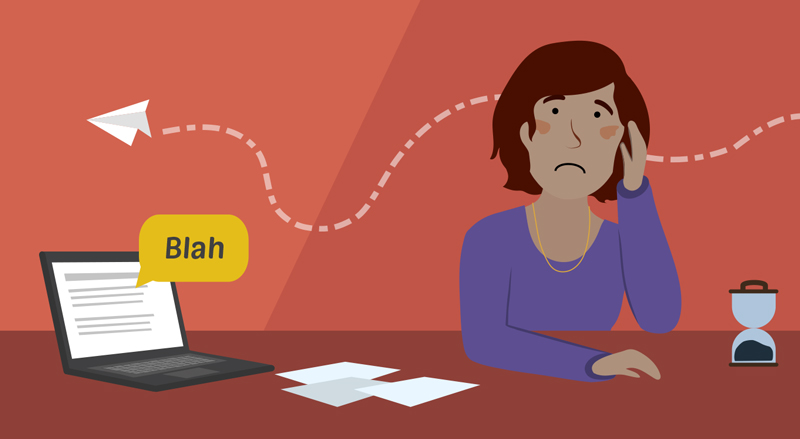Job Success -
Avoid Five Common Work-Related Pitfalls

Job Success
Avoid Five Common Work-Related Pitfalls



/en/jobsuccess/business-etiquette/content/

As a conscientious employee, it's your duty to be on task as much as possible. However, it's difficult to be highly productive at all times. Productivity pitfalls such as procrastination can negatively affect work performance and lead to poor performance reviews.
Read the scenarios in the rest of the lesson to learn strategies for overcoming the most common productivity pitfalls.
The project is due tomorrow. You've had two weeks to complete it, yet you've waited until the last minute—again. Now, you're faced with spending the next several hours working late into the night.
Whether out of anxiety or lack of time, we've all put off doing something that needed to be done. But in the workplace, procrastination can really get you in trouble. You may never know when your manager or supervisor will drop by your desk to check your progress on a particular project.
You've been assigned a team project at work. After attempting to take on a majority of the tasks, you reluctantly let a coworker take responsibility for an important aspect of the project. As a result, you're nervous the project won't be completed on time or well, despite the coworker's professional reputation.
You may feel that perfectionism makes you a better employee, but perfectionism at work can be counterproductive. After all, you can't do everything. And remember, employers value employees who can work well in a team atmosphere.
Watch the video below to learn about the dangers of perfectionism.
You arrive at work early in order to meet a deadline. Your coworker stops by your desk to chat, and before you realize it 40 minutes have passed and your deadline is fast approaching.
Distractions such as chatting with coworkers and surfing the Web for pleasure waste a lot of time at work. If you're not focusing on what you're doing, it's also more likely that you'll make mistakes or miss important information at meetings. Employers may see your distractibility as a lack of commitment to the job.
You have been steadily working on the same task for hours. You are bored, so you decide to call a friend on the company phone to chat.
Most people like to feel that they are contributing something to their work environment. Feeling bored and unproductive at work can lead to job dissatisfaction. Worse, if boredom leads you to act unprofessionally or avoid your assigned tasks, you could be fired.
Your coworker was supposed to prepare a report for your joint presentation on Monday. As usual, he arrives at work on Monday 15 minutes late, and without the finished report. Fuming, you yell at him in front of your team members and supervisor.
There may be cases where you have a legitimate problem with a coworker, customer, or boss, but acting openly hostile at work is unprofessional and can get you into trouble. It is also counterproductive since your supervisor will be less likely to pay attention to your concerns after witnessing an outburst.
/en/jobsuccess/common-workplace-communication/content/

